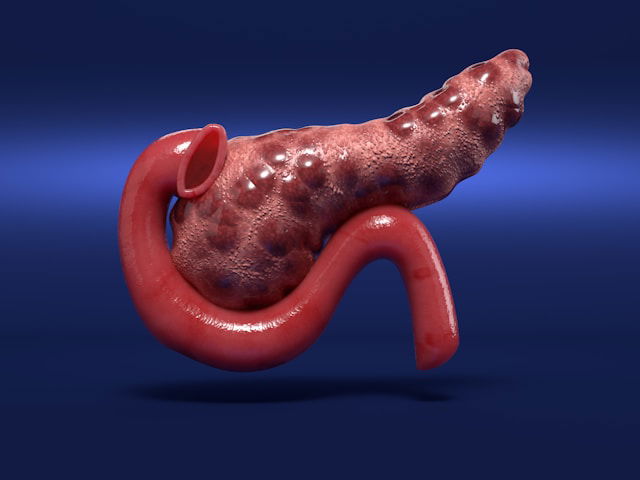
Pancreatic cancer is one of the most dangerous and difficult cancers to treat. One type, called pancreatic ductal adenocarcinoma (PDAC), is especially aggressive.
It grows and spreads so fast that most patients face poor outcomes—only about 8% survive for more than five years after being diagnosed.
But new research from the Francis Crick Institute brings some hope. A group of scientists, led by Axel Behrens, has made an important discovery that could lead to better treatments for this deadly disease. Their study was published in the journal Nature Cell Biology.
The scientists focused on cancer stem cells. These are special cells inside a tumor that act like the stem cells found in healthy organs.
Just like healthy stem cells help repair tissues, cancer stem cells can create new tumor cells and help the cancer grow and spread. Because of this, cancer stem cells are often the reason cancer comes back or spreads to other parts of the body.
The team studied the genes active in these cancer stem cells and found a protein called CD9 on the surface of these cells. CD9 was found not only in large, advanced tumors but also in tumors that were just starting to grow. This means CD9 might be useful for identifying dangerous cancer cells early on.
But CD9 isn’t just a marker—it also plays a role in how harmful these cells are. When the researchers reduced the amount of CD9 in mice with cancer, the tumors stayed smaller. When they increased CD9, the tumors grew faster and got bigger. This showed that CD9 helps the cancer cells become more aggressive.
They also looked at information from cancer patients and saw that people with high levels of CD9 in their tumor cells had worse outcomes. Around 10% of people with PDAC had high CD9 levels, linking this protein to a higher risk.
To understand why CD9 made the cancer worse, the researchers studied how these cancer cells use nutrients. They discovered that CD9 helps cancer stem cells absorb more glutamine, a type of nutrient that helps cells grow quickly. So by increasing glutamine uptake, CD9 gives cancer cells more fuel to grow and spread.
This discovery is important because it shows a new way to fight pancreatic cancer. If doctors can find a way to block CD9, they might be able to cut off the cancer’s supply of glutamine. This could slow or even stop the cancer from growing.
While more research is needed, this study gives scientists a new target for future treatments. It offers hope that we might one day turn pancreatic cancer from a deadly disease into one that’s easier to manage—or even cure.
This work is a strong example of how science continues to search for better answers and solutions to some of the hardest health problems we face.
If you care about cancer, please read studies about vitamin D and bowel cancer, and a cautionary note about peanuts and cancer.
For more health information, please see recent studies about the link between ultra-processed foods and cancer, and everyday foods to ward off pancreatic cancer.
Copyright © 2025 Knowridge Science Report. All rights reserved.



